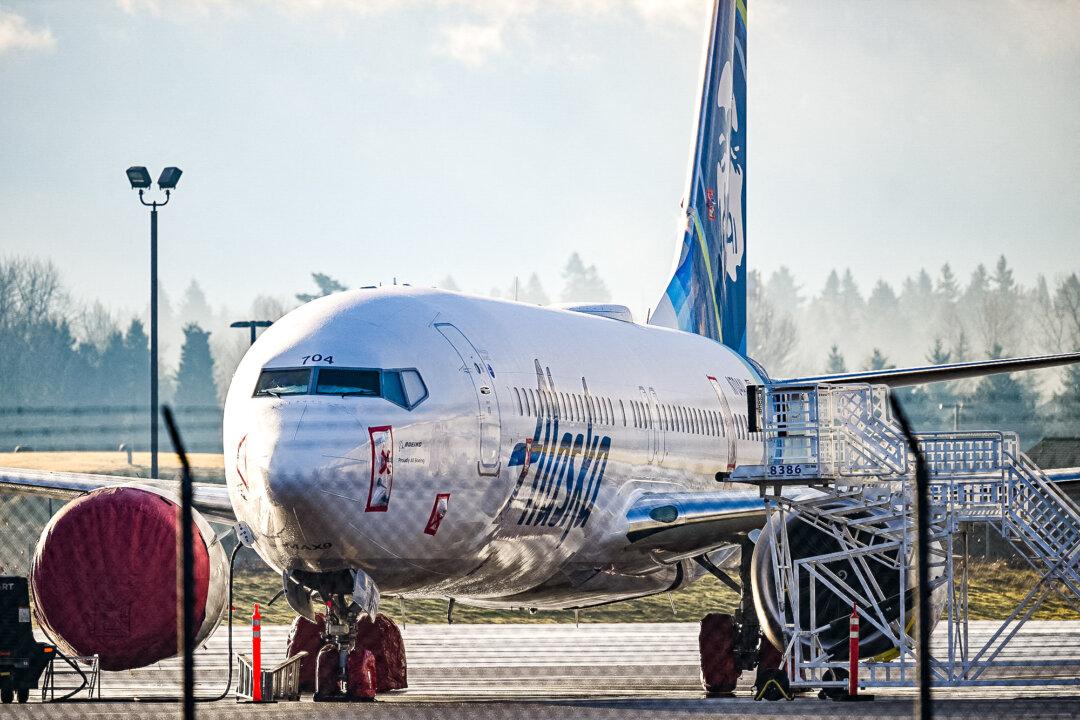A panel of experts appointed by the Federal Aviation Administration (FAA) to investigate troubled plane manufacturer Boeing’s safety management processes has found “gaps” in its “safety journey” and a “disconnect” between senior management and employees.
The FAA published its 50-page report on Feb. 26, noting its experts had identified 27 areas where Boeing’s safety procedures and culture were insufficient and that they did not find “objective evidence of a foundational commitment to safety that matched Boeing’s descriptions of that objective.”




